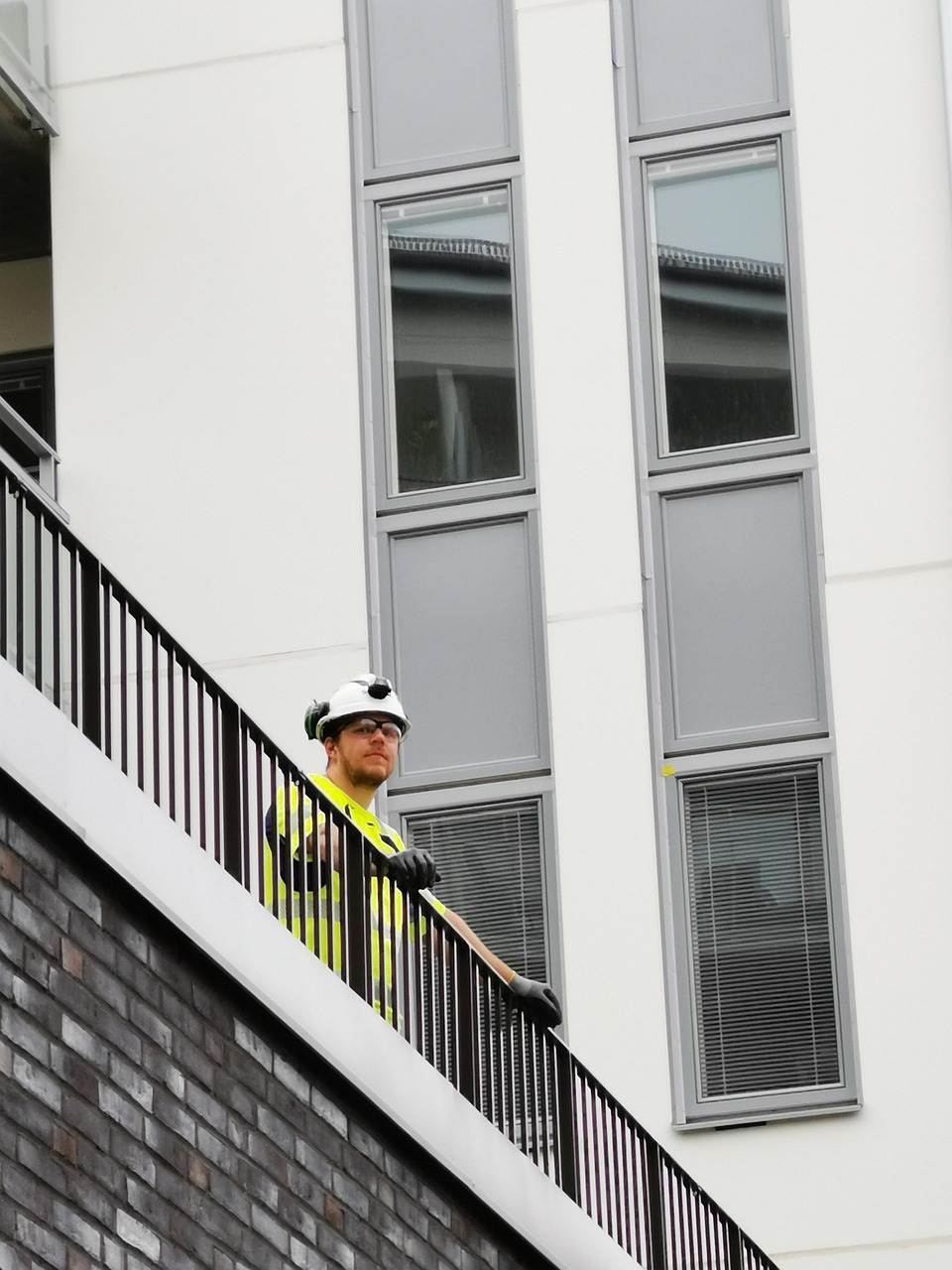How to Navigate the Home Inspection Process: A Guide for Buyers
A home inspection is one of the most critical steps in the home-buying process. It’s your opportunity to get an in-depth look at the condition of the home you’re about to purchase and avoid any unpleasant surprises later on. Whether you’re a first-time homebuyer or have bought homes before, understanding how the inspection process works is essential to making a confident and informed decision.
1. What Is a Home Inspection?
A home inspection is a thorough evaluation of a property’s condition, typically performed by a professional home inspector. The inspector checks the home’s structure, systems, and overall condition, including:
- Foundation
- Roof
- Plumbing and electrical systems
- HVAC (heating, ventilation, and air conditioning)
- Walls, ceilings, floors, and windows
- Appliances and more
The goal of the inspection is to identify any potential problems or repairs needed. The inspector will provide a detailed report with their findings, giving you insight into the condition of the property.
Tip: It’s important to attend the home inspection, if possible, to ask questions and get a firsthand understanding of any issues.
2. Why Is a Home Inspection Important?
A home inspection is your safety net when buying a property. Even if the home looks perfect on the surface, there could be hidden issues that you aren’t aware of. Here’s why a home inspection is so crucial:
- Uncover Hidden Issues: The inspection can reveal problems with the roof, plumbing, electrical systems, or foundation that might not be visible during a casual walk-through.
- Negotiation Tool: If significant issues are discovered, you may be able to negotiate with the seller to fix the problems or reduce the purchase price.
- Peace of Mind: A clean inspection report can give you the confidence to move forward with your purchase, knowing that you won’t be stuck with costly repairs in the near future.
3. Common Problems Found During Home Inspections
While every home is unique, there are some common issues that frequently come up during inspections, such as:
- Roof Problems: Leaks, missing shingles, or aging roofs can be expensive to repair or replace.
- Plumbing Issues: Leaky pipes, outdated plumbing systems, or water pressure problems can lead to costly repairs.
- Electrical Problems: Outdated electrical systems, faulty wiring, or inadequate outlets can pose safety risks and may need to be upgraded.
- Foundation Cracks: Cracks in the foundation can indicate structural issues that may require significant repairs.
Understanding these common issues can help you better assess whether a property is worth purchasing or if the seller needs to address certain repairs before closing.
4. What Happens After the Inspection?
Once the home inspection is completed, you’ll receive a report detailing the findings. Here’s what you can do next:
- Review the Report: Go over the inspection report carefully, highlighting any major issues or areas of concern.
- Decide on Next Steps: You can either proceed with the purchase, ask the seller to make repairs, or request a reduction in price to cover the cost of necessary repairs.
- Negotiate: In many cases, buyers and sellers can negotiate who will cover the cost of repairs or agree on a price reduction based on the findings.
Tip: Your real estate agent can help you navigate the negotiation process and advocate on your behalf.
5. How to Choose a Good Home Inspector
Choosing the right home inspector is crucial to getting a thorough and accurate report. Here are some tips for selecting a qualified home inspector:
- Ask for Recommendations: Your real estate agent can recommend reputable home inspectors who have a good track record in the area.
- Check Credentials: Make sure the inspector is licensed and insured. You can also check for professional certifications, such as those from the American Society of Home Inspectors (ASHI).
- Review Sample Reports: Ask for sample inspection reports to get a sense of how detailed and thorough their reports will be.
6. Should You Skip the Home Inspection?
While it might be tempting to skip the inspection in a competitive market, doing so could be risky. If you decide to waive the inspection, you might miss out on discovering potential problems that could end up costing you a lot of money down the road. It’s always a good idea to prioritize the inspection for your own peace of mind and long-term financial security.
Tip: In some cases, a pre-inspection (performed by the seller) may be available, but it’s still essential to have an independent inspection done to ensure the accuracy of the findings.
Conclusion: Don’t Skip the Home Inspection
The home inspection process is a vital step in ensuring that the property you’re considering is in good condition and free from hidden issues. By understanding the importance of a thorough inspection and knowing what to expect, you can make a more informed decision and avoid any unpleasant surprises after closing.
If you’re ready to begin your home search and want to learn more about the buying process, feel free to contact me. I’m here to guide you every step of the way and help you find the perfect home!

 Facebook
Facebook
 X
X
 Pinterest
Pinterest
 Copy Link
Copy Link


